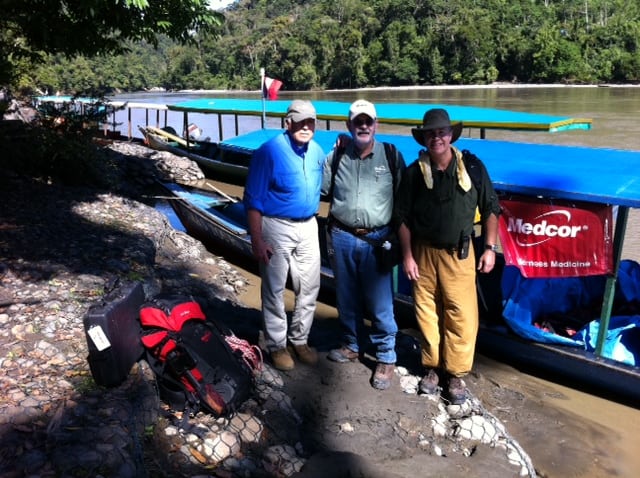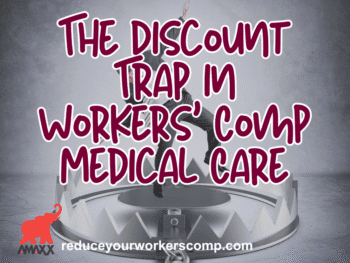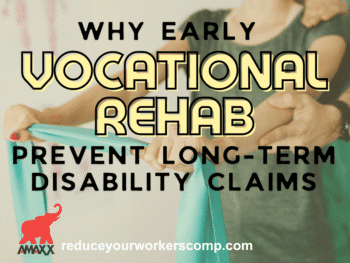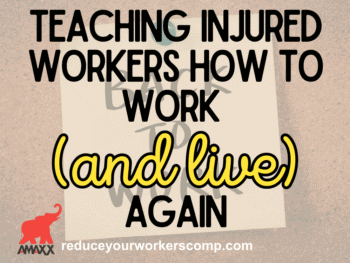The Medcor team of (from left) Dave Matthias, risk manager for the Zoological Society of San Diego, Curtis Smith, executive vice president of Medcor, and Phillip Seeger, Medcor founder and CEO, readies for two 10-hour days of river travel to their destination in the Peruvian rainforest where they will medically support a team of research scientists.
It is one thing when an employee slips and sprains an ankle – but what would your company do if that employee was in the deepest part of the Amazon basin – you know, with, like, SNAKES!?
The answer is your company probably has no idea what to do – that is why smart businesses are hiring third party medical teams to manage remote location projects.
One such smart company is the Zoological Society of San Diego. It hired Medcor, an on-site medical firm, to establish a wilderness medical program to manage a research station at Cocha Cashu in the Peruvian Amazon jungle. Zoo officials asked Medcor to help assess medical needs and response options for a team of scientist and support staff at the station as it is very remote, requiring four days travel from the U.S., the last two being by small boats 10 hours a day.
According to Medcor executive vice president, Curtis Smith, the Cocha Cashu research station has been operating for about 20 years and the zoo just recently contracted with the Peruvian government to help manage it. For this Amazon project, research groups may vary from two to 30 people, staying from days to months. Hazards include a wide variety of snakes and insects, wild animals, and a risk of malaria, yellow fever, and other diseases, on top of many types of parasites and fungus — all this, along with temperature extremes and the usual work-site hazards of strains and sprains, slips and falls, and so on. Access to the park is restricted to only authorized researchers and a few indigenous people who live there without contact with the outside world.
The research station fits into the zoo’s broader mission of protecting and researching animals and plants, Smith says. The zoological society has a long history of conducting research in a wide variety of animal and plant topics, including preservation of endangered species, environmental sustainability, and wildlife education. The zoological society has conducted research throughout the world, including projects such as working with utility companies to minimize wind farms impact on migrating birds. The station at Cocha Cashu in Peru is so remote and untouched that is provides rare research opportunities, including baselines and comparisons for studies elsewhere.
Now that the zoo is assuming responsibilities for managing the station, they want to understand the risks to the participants — zoo employees or visitors — and provide for the safety of everyone there. These goals include bringing medical services to the program.
The service is based on extending Medcor’s existing telemedicine/triage services into the Manu National Park, which covers nearly 20,000 square kilometers of jungle. Medcor's triage service is already used in more than 80,000 worksites in the US, meaning Medcor is responsible for the health of workers at 80,000 locations. Additionally, Medcor provides on-site medical care at more than 170 factories, distribution centers, studios, farms, and mobile or temporary sites.
Founded in 1984 by CEO, Philip Seeger and COO Ben Petersen, the company operates with the belief that all employers want to control costs, improve outcomes, provide rapid response when it is really necessary and avoid claims when they are not necessary – and this means planning ahead even when the worksite is far from the typical office.
Privately held with 400 full-time and 400 part-time employees, Medcor does $54 million in business per year. The company boasts seasonality and flex work to meet changing client needs – for example, the retail distribution industry during the holiday season.
Through the use of telemedicine, Medcor reaches note just remote locations, but also employees working in worksites to small to support an on-site clinic, working on third shift when there are fewer clinics available, and even mobile workers. Telemedicine delivered through well-tested simple phone connections (or more complex satellite hookups) can be more practical and cost effective in many situations than providing on-site medical staff. In all cases, understanding the injury or illness and making a good decision about on-site treatment or the possibility of off-site treatment and evacuation is critical to ensuring good clinical outcomes and to avoiding unnecessary costs and claims.
To begin Medcor’s involvement with this project, Smith left for Peru with the zoo’s risk manager, David Matthias, to conduct a first-hand assessment of all the travel and evacuation logistics. They surveyed the site and tested two different satellite systems. Medcor also works with local personnel who have provided travel and support to the station in the past.
Smith says, “I’d call it more of a ‘business expedition’ than a ‘business trip.' We are bringing with us everything we need to live in the Amazon jungle for four to six days, including our tents, food, water purification systems — and our laptops!”
Matthias, a former Marine and law enforcement officer, says, as risk manager, he assesses all kinds of risks including health, safety, financial, legal, and helps create policies and protocols to address and mitigate the risks. He also helps place liability coverage/insurance for these projects and notes that safety and prevention are key components — as is working with specialized partners, such as Medcor, to address medical support.
Matthias made the trip to Cocha Cashu to understand firsthand the logistics of getting researchers, staff, students and supplies into the station. The station operates with very low environmental impact, with staff living in tents and relying on solar power. He also met local rangers from the Peruvian national park where the station is located and interviewed researchers who worked in the area before.
Medcor provides at least six support options for the station:
1. Medical training for local staff and rangers.
2. Stocking the station with essential medical supplies and equipment.
3. Preventative measures, such as physical exams, fitness criteria and vaccinations prior to travel.
4. Providing medical support for the station, based on extending Medcor’s existing telemedicine and triage services into the site via satellite phone, video and data links. (This is critical because the dense jungle canopy, distance, bad weather and lack of aircraft sources make helicopter evacuations nearly impossible.)
5. Documentation and reporting with Medcor’s proprietary electronic medical record system, which is encrypted and HIPAA compliant.
6. Sending qualified medical staff to work on-site supporting researchers at the station.
This is the first of several glimpses Medcor and the Zoological Society of San Diego we be sharing with our readers.
Author Rebecca Shafer, JD, President of Amaxx Risks Solutions, Inc. is a national expert in the field of workers compensation. She is a writer, speaker, and website publisher. Her expertise is working with employers to reduce workers compensation costs, and her clients include airlines, healthcare, printing/publishing, pharmaceuticals, retail, hospitality, and manufacturing. See www.LowerWC.com for more information. Contact: RShafer@ReduceYourWorkersComp.com.
SUBSCRIBE To our Newsletter: Workers Comp Resource Center Newsletter
Do not use this information without independent verification. All state laws vary. You should consult with your insurance broker or agent about workers comp issues.
©2011 Amaxx Risk Solutions, Inc. All rights reserved under International Copyright Law. If you would like permission to reprint this material, contact Info@ReduceYourWorkersComp.com.




























